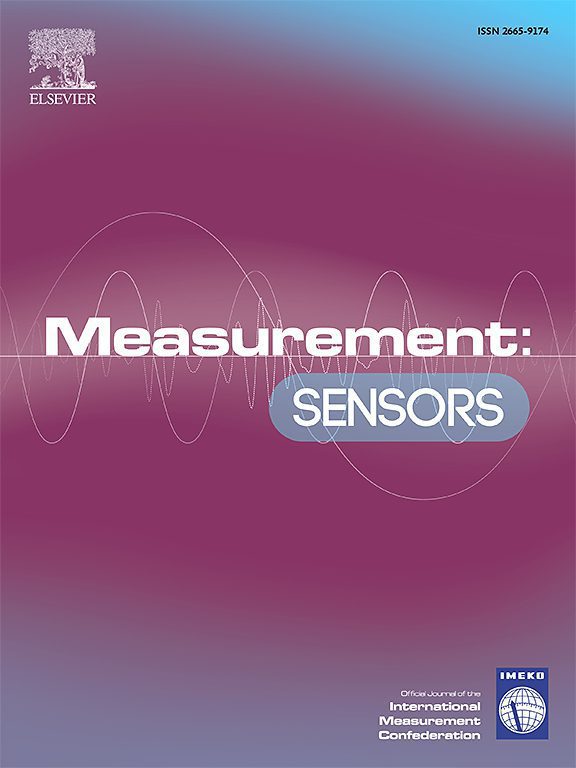

Special Populations
Biomechanics of Movement and Markers of Musculoskeletal Impairment in Adults with Obesity and Different Levels of Physical Activity
It is known that adults with obesity have a greater risk of developing disability compared to their normal-weight counter-parts, in part due to the increased prevalence of cardiovascular, endocrine, and musculoskeletal disease in this population. Exercise is often seen as a first-line intervention for weight-loss and management of health conditions in adults with obesity, however responses to participation in regular physical activity vary. Because adults with obesity move differently than their normal-weight counterparts, and exercise has been shown to affect biomechanics and functional mobility, it is presumed that adults with obesity and different levels of physical activity engagement may demonstrate differing movement patterns. These differences in movement may impact injury risk, pain, and weight loss success, all of which can affect one’s ability to participate in a physically-active lifestyle and manage their obesity-related health conditions. The goals of this project were to describe movement in adults with obesity who do and do not participate in regular physical activity, understand biomechanical and physiological markers of musculoskeletal impairment in these individuals, and explore the influence of movement-based and personal characteristics on the relationships between physical activity level and biomechanics. This study was funded by the Healthy Lifestyle Institute at the University of Pittsburgh School of Education and The University of Pittsburgh Clinical and Translational Science Institute.
People


Graduate Student
Year Graduated: 2023
Julie Rekant
After HMBL
Postdoctoral Fellow, Baltimore VA
Publications

Peer-Reviewed Article
2024
Sensors
Obesity-Specific Considerations for Assessing Gait with Inertial Measurement Unit-Based vs. Optokinetic Motion Capture

Peer-Reviewed Article
2022
Measurement
Validation of Inertial Measurement Unit-Based Motion Capture with a Single Calibration File for Assessing Gait in Healthy Young Adults
